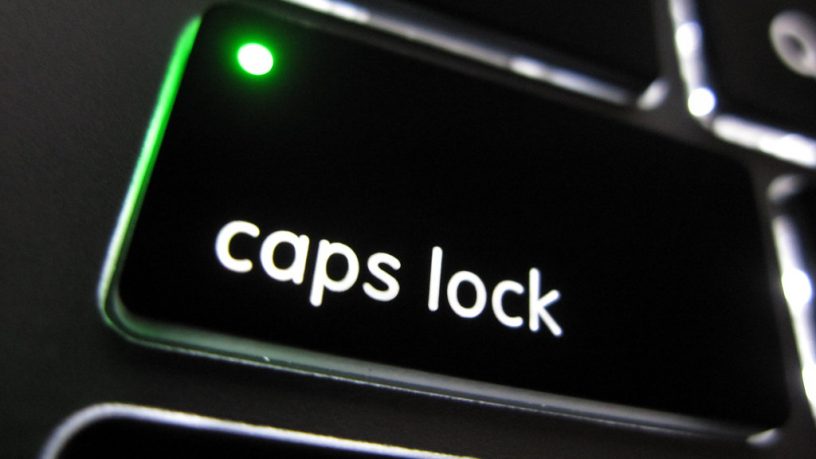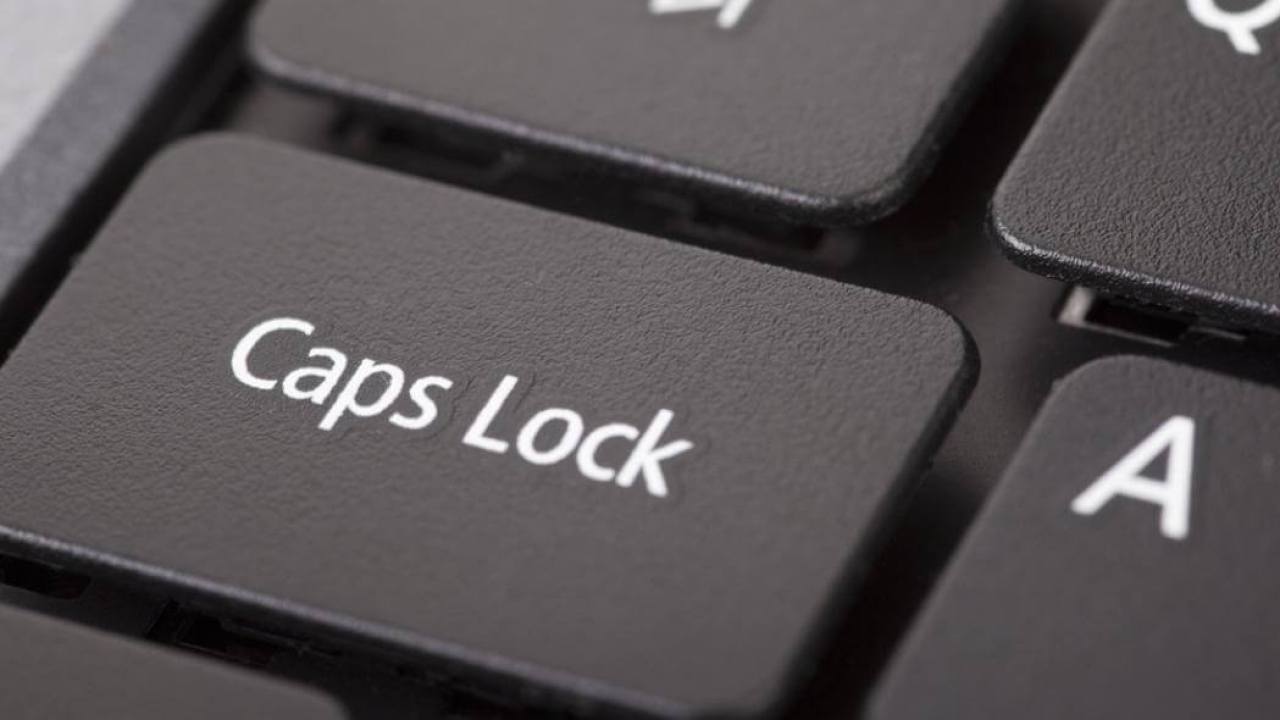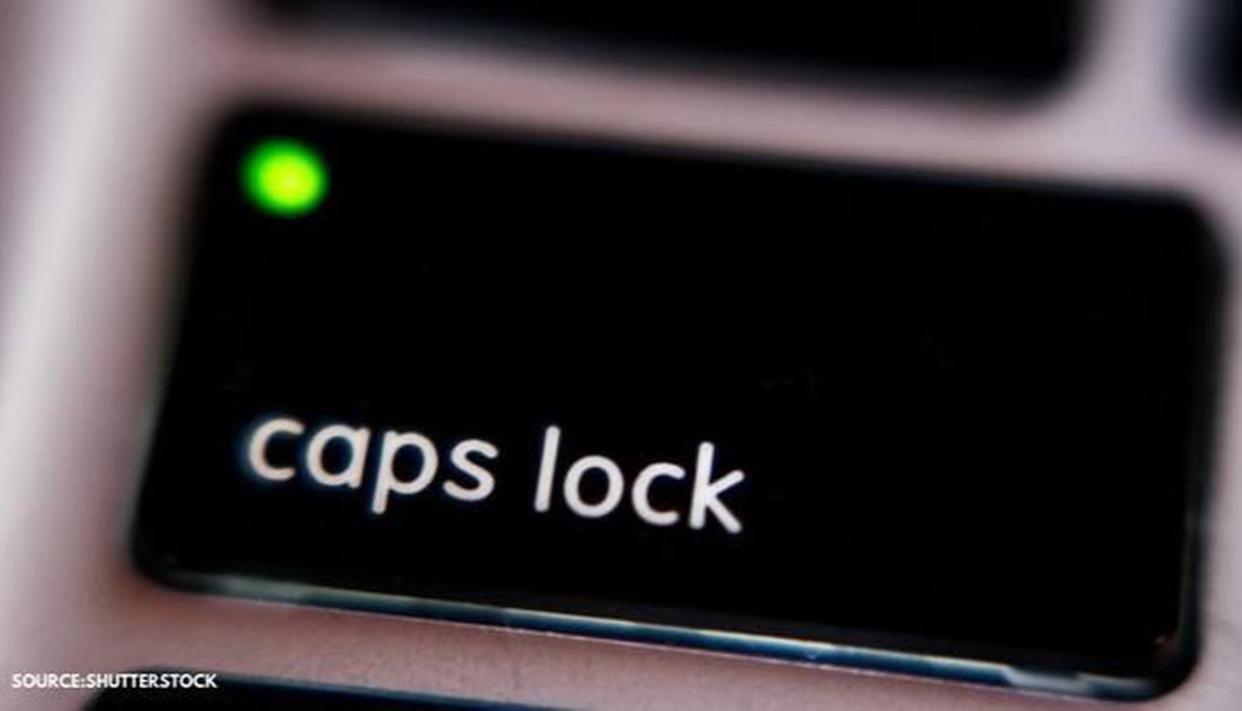The Internet has changed the world in more ways that we can cover, including how we shop, how we work, how we spend our free time, and how we interact with one another. One other thing that the Internet has changed is how we use language. In formal writing, the way we use English has remained largely unchanged, however informal writing has rapidly expanded to help to make up for what we’re missing compared to face to face interactions. Here’s how the English language has changed because of the Internet.
The Internet and Language
Internet language is just language in general, and just as how we have many dialects, different dialects of Internet writing exist as well. This article isn’t going to delve into the differences of the different Internet languages (though if you’re curious, you can start here), but it’s worth mentioning that many of the Internet speakers who make use of this language have other similarities.
We’re not all people who went to college and picked up skills in typing and the language, and many have not had a lot of formal training in formal writing, so they tend to make their own rules and conventions when using this language. For the sake of this article, I’ll be talking about the “Western” Internet dialect.
The dialect of the internet serves as a way to communicate tone, something that’s lost when compared to talking to people face to face or with formal writing. We want our conversations online, whether it’s on social media apps, dating apps, or forums to feel more like a casual conversation than an English essay.
Texting and Online Communication
The Internet has changed the way we communicate with each other. It has affected email, the text message, instant messaging, and social media. There is nothing like texting someone when you really don’t want to talk to them in person, yet you know that it’s okay to say it online. The other day I was texting a friend about a friend of his that she didn’t know very well. I can’t remember the exact text, but the gist was, “that kid sucks,” or something along those lines.
The Internet and Grammar
The Internet is part of a larger trend in the way we communicate today. The way we communicate has fundamentally changed in the last 100 years, and the Internet has only slightly surpassed this trend. This is how the internet has changed informal use of English:
• Most of us do the vast majority of our writing online.
• The amount of information we can read and process daily is extraordinary, which makes it possible to write more concisely and critically about how to use information.
• In the past, email was often used for quickly communicate, but over time, as technology and culture have evolved, we have increasingly used it to send messages that are lengthy, but still easy to understand.
The Internet and Punctuation
Let’s start with punctuation. In our text messages and emails, we tend to use the exclamation point to add emphasis and excitement, as well as to add statements that we want to make sure are heard clearly. The exclamation point is definitely one of the most used punctuation marks, however it’s no longer the only punctuation mark we use.
In emails and text messages, we are now allowed to use a colon to form a question, whereas we wouldn’t use it like this before. You’re not supposed to put a period between two words, but it’s still pretty common to do so in emails and texts. Punctuation in informal English now is very important to communicate timing and tonality of your messages. If you’re talking to friends on Facebook, or a potential partner on a hookup site like Thots, then you’re going to want to give the right impression, and overly formal language can seem vague and odd.
The Internet and Spelling
For a long time, if you wanted to communicate using English, you would write your message out by hand, sign your name, and then send it off. Maybe if you were really passionate about your message, you would transcribe it. But the Internet changed all of that.
Typing out a message with more informal language saved you time, since it didn’t have to be completely correct English in the formal sense. And without any extra effort from you, spell check became available. That immediately became a plus when trying to send a message to someone.
There have been alternative informal spellings of words when used online, such as “wut” instead of what, “noods” instead of “nudes,” etc.
The Internet and Idioms
The Internet has led to a variety of terms that do not exist in a “familiar form,” so-called idiom. Although these words all exist in normal discourse, it is not always the same as what is found in traditional English.
There are some notable examples from recent years. The first is “social media.” At one time, a “social gathering” or a “social networking” was considered a tradition. However, the earliest mention of the term on the website Urban Dictionary came in 2009, and it was used in a meme to describe going on a social media website.
The origin of the word “wanderlust” is disputed, but is a combination of the two previous words “wander” and “lust.” Other internetisms include meme, adorkable, facebook, and twit. Of course, there are terms such as “lol,” aka lol, which doesn’t always literally mean the sender is laughing, but serves as a way to change the intended tone.
Conclusion
The internet is a useful resource that has transformed many industries and life in general. Many people write using computer languages or without using any characters, and still communicate with each other to share information.
This form of writing is greatly different from the traditional way of writing and speaking and how we use English, which is just one of the reasons that English has been as affected by the Internet. There’s always room for change, and English is a living language and changing with time.








